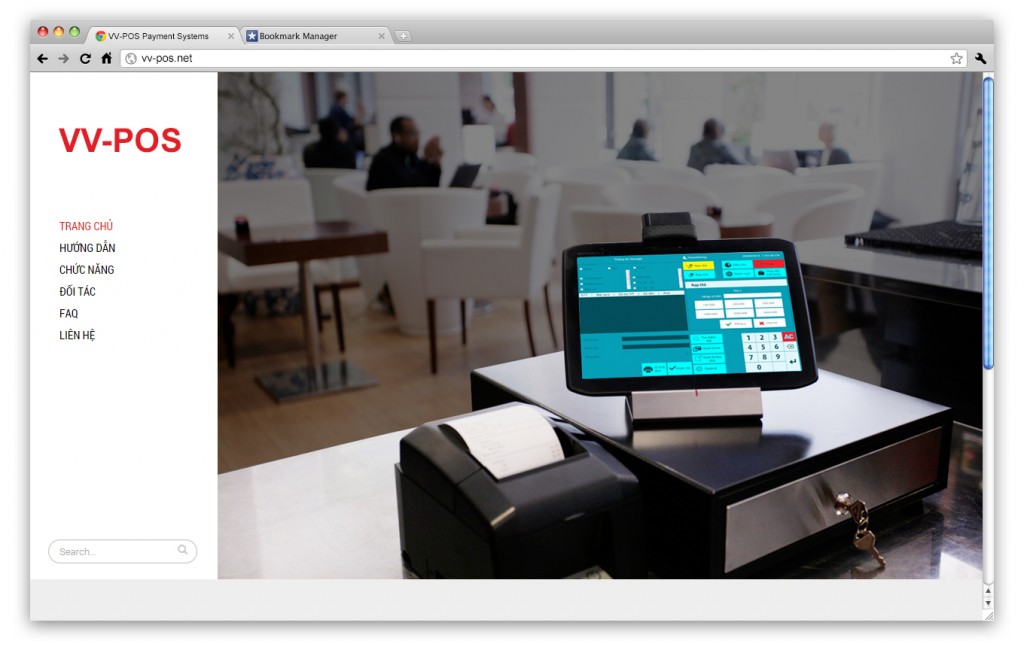Here is how to install NGINX on centos 7, does not apply to other OSs and OS versions.
Nginx does not have a repository on centos. So we have to install EPEL with the command:
yum install epel-release -y
Then proceed to install Nginx:
yum install nginx -y
Run the Nginx service:
systemctl start nginx
systemctl enable nginx
For Apache, each webserver will use the .htaccess file for configuration. Particularly Nginx will configure inside the server. By default, Nginx will take the configuration in the conf.d directory. When changing this file, we must restart the Nginx service to apply.
In the nginx.conf file we see the server block, this block is Nginx’s default server configuration, we delete it. Create demo.conf file in conf.d directory and configure as follows:
<CODE>
server {
listen 80 default_server;
listen [::]:80 default_server;
server_name 192.168.1.129;
root /var/www/html/demo;
location / {
}
error_page 404 /404.html;
location = /40x.html {
}
error_page 500 502 503 504 /50x.html;
location = /50x.html {
}
}
</CODE>
This configuration will create a server with ip 192.168.1.129 port 80. The project directory is /var/www/html/demo, this configuration can only read html files. Use the command nginx -t to check if the configuration is ok.
Install php7 using rpm
wget http://rpms.remirepo.net/enterprise/remi-release-7.rpm
rpm -Uvh remi-release-7.rpm
yum install yum-utils -y
yum-config-manager –enable remi-php71
yum –enablerepo=remi,remi-php71 install php-fpm php-common
Install modules for php:
yum –enablerepo=remi,remi-php71 install php-opcache php-pecl-apcu php-cli php-pear php-pdo php-mysqlnd php-pgsql php-pecl-mongodb php-pecl-redis php-pecl-memcache php-pecl-memcached php-gd php-mbstring php-mcrypt php-xml
Edit the configuration of php-fpm /etc/php-fpm.d/www.conf
user = apache convert user = nginx
group = apache convert group = nginx
listen.owner = nobody convert listen.owner = nginx
listen.group = nobody convert listen.group = nginx
listen = 127.0.0.1:9000 convert listen = /var/run/php-fpm/php-fpm.sock
Run php-fpm service
systemctl start php-fpm.service
systemctl enable php-fpm.service
Go back to editing the file /etc/nginx/conf.d/demo.conf
<CODE>
server {
listen 80 default_server;
listen [::]:80 default_server;
server_name 192.168.1.129;
# note that these lines are originally from the “location /” block
root /var/www/html/demo;
index index.php index.html index.htm;
location / {
try_files $uri $uri/ =404;
}
error_page 404 /404.html;
error_page 500 502 503 504 /50x.html;
location = /50x.html {
root /usr/share/nginx/html;
}
location ~ .php$ {
try_files $uri =404;
fastcgi_pass unix:/var/run/php-fpm/php-fpm.sock;
fastcgi_index index.php;
fastcgi_param SCRIPT_FILENAME $document_root$fastcgi_script_name;
include fastcgi_params;
}
}
</CODE>
Use the nginx -t command to check if the configuration is correct. Restart nginx service systemctl restart nginx



